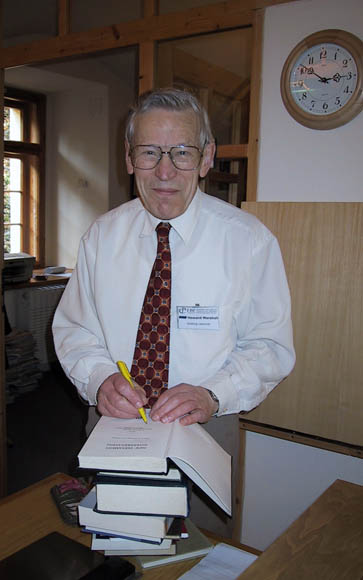 I have had a few weeks of holiday, enjoying doing very little, except being at home, seeing friends, taking care of a few small maintenance items, doing a little – not much! – reading, and watching some of the Hopman Cup. But I am back at work now, and hopefully other regular routines (like blogging) will kick in as well. So I apologise to all those avid readers who wait breathlessly for each new post…
I have had a few weeks of holiday, enjoying doing very little, except being at home, seeing friends, taking care of a few small maintenance items, doing a little – not much! – reading, and watching some of the Hopman Cup. But I am back at work now, and hopefully other regular routines (like blogging) will kick in as well. So I apologise to all those avid readers who wait breathlessly for each new post…
To start off, here are a few articles that may be of interest.
1. Mark Galli at Christianity Today has written a piece on the controversy that has erupted at Wheaton College over Professor Hawkins’ claim that Christians and Muslims worship the same God. Galli’s article is not about the issue per se, but how those in theological institutions deal with doctrinal and relational differences.
2. Over at Books and Culture Ron Sider argues once more that the pre-Constantinian church was pacifist in orientation, even if not every Christian practised this.
On the other hand, there is not a single extant Christian author before Constantine who says killing or joining the military by Christians is ever legitimate. Whenever our extant texts mention killing—whether in abortion, capital punishment, or war—they always say Christians must not do that…
That a growing number of Christians, especially in the late 3rd and early 4th centuries, acted contrary to that teaching is also clear. That in doing so they were following other Christian teachers and leaders who justified their conduct, we cannot deny with absolute certainty. But we have no evidence to support the suggestion that such teachers ever existed until the time of Constantine.
3. The Monthly included an article entitled “A Rich History of Failure: Australian History According to Undergraduates.” Comprised of excerpts from genuine undergraduate history essays across Australia, and compiled by Professor Neve R. Stenning-Stihl, it makes for fun reading. It includes such detail as:
British migrants who came to Australia from 1788 didn’t bring much cultural baggage because the boats were so small. On the convict ships, bibles were given to convicts and women. Women ripped out the pages for hair curls. This was to teach moral upright behaviour.
4. While on holidays I saw on Matt Malcolm’s blog that renowned British Evangelical  scholar I. Howard Marshall had passed away. Although I am not a New Testament scholar I have greatly benefited from Marshall’s work in New Testament Theology, his little books on Biblical Inspiration and Beyond the Bible? Moving Beyond Scripture to Theology, and other occasional essays. If I was studying a passage in the New Testament and Marshall had a commentary on it, I would examine his work on the passage. As a British evangelical, Marshall did not seem as constrained or as conservative as some of his American counterparts, and his scholarship was always of the highest order. Stanley Porter has written A Brief Tribute.
scholar I. Howard Marshall had passed away. Although I am not a New Testament scholar I have greatly benefited from Marshall’s work in New Testament Theology, his little books on Biblical Inspiration and Beyond the Bible? Moving Beyond Scripture to Theology, and other occasional essays. If I was studying a passage in the New Testament and Marshall had a commentary on it, I would examine his work on the passage. As a British evangelical, Marshall did not seem as constrained or as conservative as some of his American counterparts, and his scholarship was always of the highest order. Stanley Porter has written A Brief Tribute.